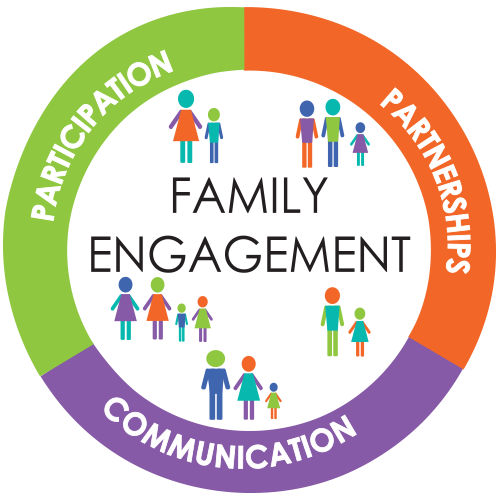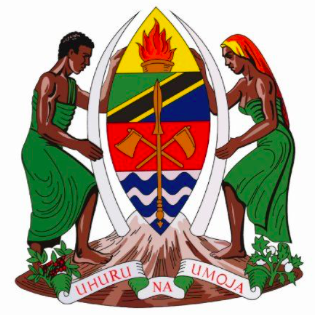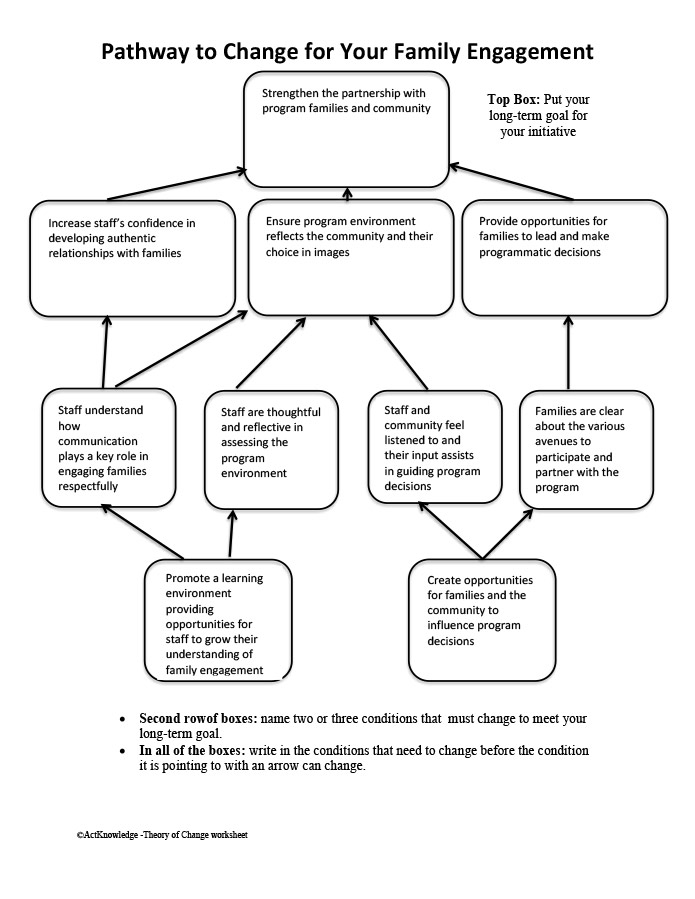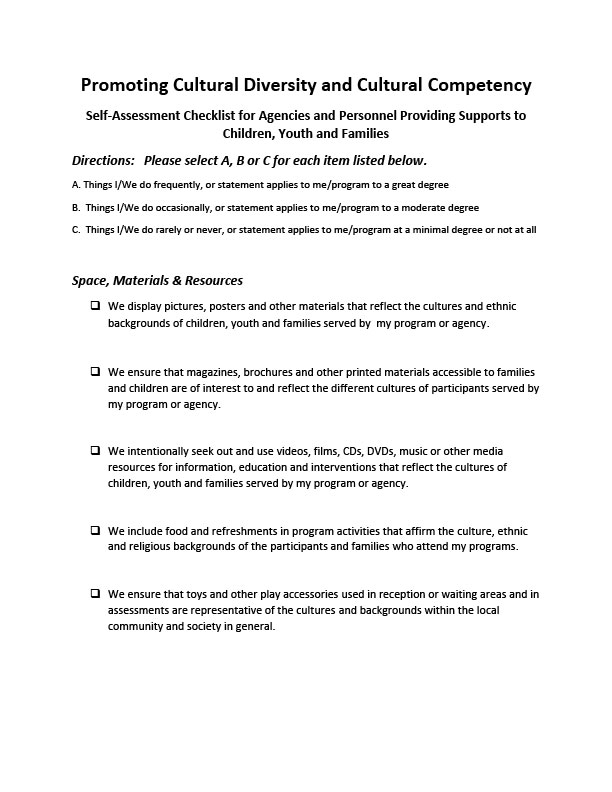The three elements of the Circles of Support Family Engagement Framework are:

Introduction
The Department of Youth and Community Development (DYCD) recognizes that the healthy development of participants of all ages requires that we consider the contexts of their families and communities. DYCD defines family in broad terms to include those individuals who care for and support participants but are not related to them. Caring adults become key networks or “Circles of Support,” replacing traditional family systems. Programs must consider the diversity of participants’ circles of support, and create welcoming environments that embrace those who have positive influences on participants’ development.
Family engagement is a crucial factor in participants’ success. It is not a one-time activity, but an ongoing effort that requires a paradigm shift from seeing families as part of the problem to partners in crafting solutions. Families must be engaged as authentic partners who, together with the staff from DYCD’s youth and community development programs, share responsibility for supporting the healthy development of program participants. To cultivate and sustain these partnerships, providers must create the conditions for these relationships to flourish.
Successful family engagement efforts depend on a high level of trust between families and program staff. When families feel informed about a program, welcomed, valued, and connected to other families and staff, they will be more willing to participate, becoming true assets and supporters.
Decades of research show that engaging families regularly in educational and community development programs leads to better outcomes for the participants and their families, enhances the connection among family members, and contributes to overall family well-being. Regardless of socioeconomic, racial/ethnic and educational background, children and youth make greater academic gains and have higher graduation rates as well as increased motivation, confidence, and higher aspirations when their families are engaged in their learning and development.
The evolution of DYCD’s family engagement work has helped us develop a common language to talk about our efforts, identify strengths, and share best practices to sustain and improve program quality. The Circles of Support: Family Engagement Framework is based on the idea that the best way to partner with families is by creating a circle of support that is mutually beneficial, built on trust, and embraces the notion that programs and families have a shared responsibility for participant success. DYCD programs embody this framework through three key strategies—Communication, Participation, and Partnerships.
To help guide your work with families














